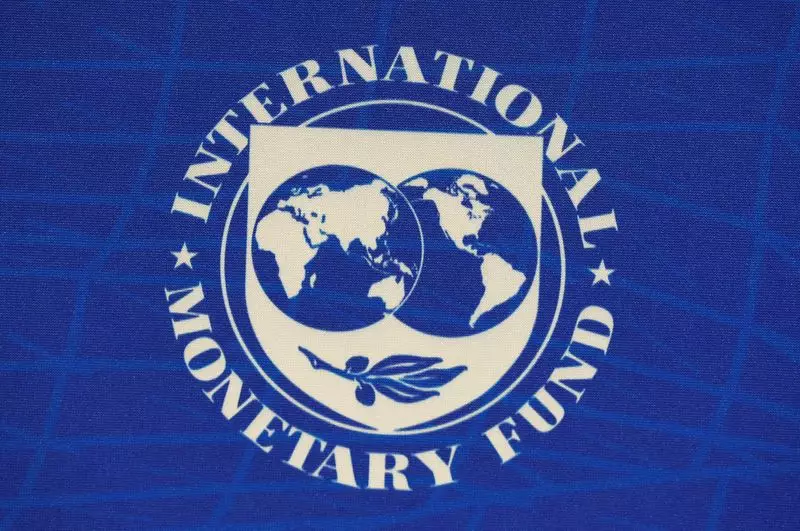Pakistan’s coalition government is gearing up to unveil its ambitious fiscal targets in the upcoming budget for the year 2024/2025. The budget, which is set to be announced on Wednesday, is expected to play a crucial role in solidifying Pakistan’s case for a new bailout deal with the International Monetary Fund (IMF). The country is currently engaged in negotiations with the IMF for a loan estimated to be in the range of $6 billion to $8 billion, aimed at preventing a possible default in the face of an economy that is experiencing sluggish growth in comparison to its regional counterparts.
Last summer, Pakistan narrowly dodged a default thanks to a short-term IMF bailout of $3 billion over a period of nine months. While efforts have been made to rein in fiscal and external deficits, these measures have come at the cost of a significant downturn in economic growth and industrial activity. The economy has also been grappling with high inflation, which has averaged close to 30% in the previous financial year and stands at 24.52% over the last 11 months. With a growth target of 3.6% projected for the upcoming year, Prime Minister Shehbaz Sharif’s government is under pressure to deliver on tough reforms aimed at addressing the country’s economic challenges.
Implementing the stringent measures that the IMF is likely to recommend poses a significant challenge for Sharif’s government. Tough decisions such as widening the tax base and increasing power tariffs are expected to face resistance in a political landscape marked by a weak coalition government and an assertive opposition. Moreover, concerns have been raised about the potential backlash from the public in response to front-loading tough fiscal measures. The government must tread carefully to strike a balance between meeting IMF demands and safeguarding public sentiment.
The upcoming budget will also serve as a litmus test for the newly appointed Finance Minister, Muhammad Aurangzeb, who brings a wealth of experience from his previous role as the head of Pakistan’s largest bank. Aurangzeb is tasked with devising fresh policy solutions to tackle the persistent challenges plaguing Pakistan’s economy. Additionally, the budget is expected to outline targets for proceeds from privatization, with Pakistan set to embark on its first major asset sale in nearly two decades. The government aims to divest a stake in the national airline as part of a broader strategy to offload loss-making entities, particularly in the troubled power sector.
Pakistan’s fiscal targets in the upcoming budget will have far-reaching implications for the country’s economic trajectory and its engagement with international financial institutions like the IMF. The government must navigate a complex landscape characterized by competing priorities, political pressures, and the imperative of implementing deep-rooted reforms. As Pakistan stands at a crucial juncture in its economic journey, the decisions taken in the budget will shape its path forward and determine its ability to navigate the challenges on the horizon.

